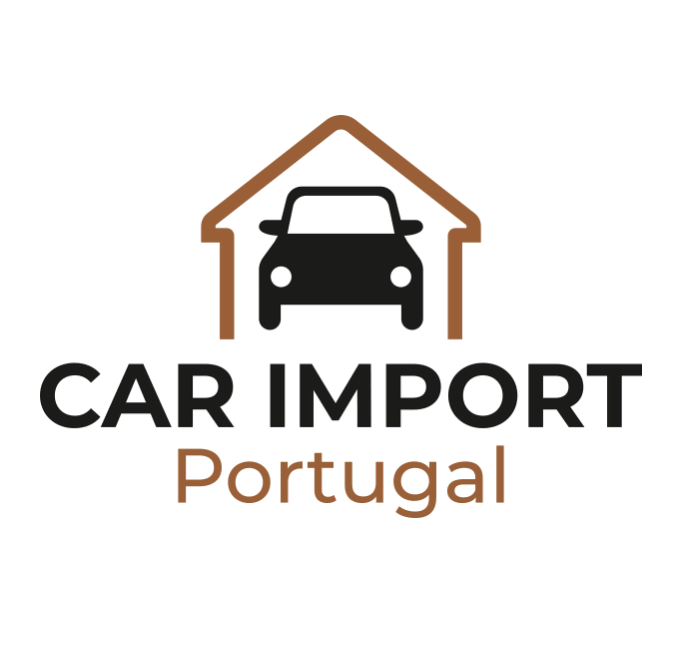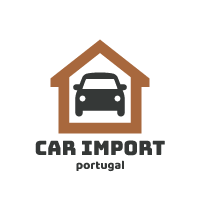This Irish customer originally contacted us with the idea of importing a Peugeot Hybrid. It looked like a solid choice until we looked at the emissions: 114 g/km CO₂. That’s just a bit too high to benefit from the major tax breaks available for plug-in hybrids. We explained that to really take advantage of the tax discount, the vehicle needed to emit 50 g/km CO₂ or less.
He took our advice to heart and went searching for a better match. After some time, he came back with a Mitsubishi Outlander PHEV — a much better fit for a tax-efficient import.
Getting the Car to Portugal
The purchase in Germany went smoothly, and the car wasn’t yet in Portugal. The customer chose to transport the vehicle via trailer, which worked out well. Meanwhile, he requested the Certificate of Conformity (COC) directly from Mitsubishi — smart move.
The Customs Headache
Collecting all the necessary documents was the easy part. The real trouble began when we submitted the customs declaration.
And then… silence.
For weeks.
Despite repeated follow-ups, we heard nothing from customs. No updates, no requests — just complete radio silence. Eventually, someone at customs decided to respond. And guess what? They had put the vehicle into the wrong tax category. Their mistake. But instead of fixing it themselves, they told us we had to pay the difference first.
Let’s pause for a moment and acknowledge how absurd this is. Any reasonable person would expect that:
- Customs should inform you promptly if something is wrong — not disappear for weeks.
- They should fix their own error, not make the customer pay extra and only sort it out later.
- And if a refund is due, they should send it directly back to the account it came from — not bounce it through unnecessary detours.
But no, that would be too logical.
In the end, we made the extra payment, then had to arrange a refund from customs — which was sent to the customer, who then had to transfer it back to us. We had to walk the customer through this confusing mess step by step, constantly explaining why things were taking so long and why the process seemed so backwards.
He understandably grew frustrated — as did we. Meanwhile, the car sat idle, undriveable.
Bureaucrats never cease to amaze.
Finally: Resolution
Eventually, we helped customs untangle their own chaos, and once everything was back on track, the vehicle was registered without further issue.
Key Takeaways
- Check emissions specs before buying a plug-in hybrid. Under 50 g/km CO₂ can lead to big tax benefits.
- Request your COC immediately after buying the vehicle. Don’t wait — delays can add up quickly.
- Expect mistakes from authorities. Sadly, they’re more common than you’d think so keep in mind that this can happen. And they rarely come with clear communication.

![This Irish customer originally contacted us with the idea of importing a Peugeot Hybrid. It looked like a solid choice until we looked at the emissions: 114 g/km CO₂. That’s just a bit too high to benefit from the major tax breaks available for plug-in hybrids. We explained that to really take advantage of the […]](https://carimportportugal.com/wp-content/uploads/sites/100/grijs-kenteken-ombouw-mitshubishi-outlander-phev-2012-scaled-1.jpg)
